Ethnic studies YPAR projects enact change
Students plan cultural week, educational videos for staff
Ethnic studies teacher Ben Andersen supervises his students while they work during class. His students have been working on their Youth Participatory Action Research projects.
The ethnic studies class rounded out the school year through a project with a purpose.
The project, called Youth Participatory Action Research (YPAR), involves students researching issues they are passionate about and taking action on them.
Ethnic studies is a class where students learn how the world works and society grows, said Benjamin Andersen, who teaches the first-year class. The YPAR projects give students a unique opportunity to put their knowledge of historical social movements into action.
“YPAR can help to instill the hope, or instill the image of being that hope, and actually understanding that you can make change albeit it is slow and it doesn’t always happen overnight,” Andersen said.
Students were given the freedom to choose what issue they wanted to address. One project, started by junior Natallie Salacup and senior Emma Coleman, aimed to address student ignorance and prejudice against different cultures by implementing a cultural week at Cal.
Salacup and Coleman want their YPAR project to highlight different cultures and bring people together. Their plan involves Cal’s culture clubs and the language department. They also want to have a cultural rally day that would include music, dance performances, and cultural clothing.
“[The project will be] a group community effort to showcase how we [people from different cultures] live,” Salacup said.
Coleman said that educating people about different cultures is important. The hope of their project is to bring inclusivity and unity to the students at Cal.
Juniors Aidan Auyeung and Baraa Abdoulmawla are focusing their project on lack of student engagement with learning at Cal. They said that some students feel that lectures aren’t taught well or there is too much work and it becomes boring.
Auyeung and Abdoulmawla want to spread awareness about how teaching methods need to be modified so that students can learn more. They conducted an Instagram poll asking students if they felt engaged with their learning and why.
They plan to create an informative short video of their statistics gathered and show it to administrators and teachers to help them better understand the issue.
“School can be more engaging with less lectures and more interactive material like group projects,” Auyeung said.
Principal Megan Keefer thinks that the YPAR projects are essential for students to learn how to change their world for the better.
“I would like to see more projects where students get to choose [their topic] and to be activists,” Keefer said. “Why? Because it’s [their] future.”
Keefer is keen on seeing students take action on campus. She says that her ultimate vision of the education system is different from the typical ones in California.
“We have a very traditional education system [in California] in process,” Keefer said. “I’m all about deep learning and student choice, and I think we need far more of that.”
The YPAR projects come from philosopher and educator Paulo Freire’s ideas. Freire was the founders of critical pedagogy.
“[Critical pedagogy] is a way for students to engage with oppressive structures in society or things that they find to be wrong,” Andersen said.
Freire believed that educators shouldn’t be teaching to fill students’ heads with knowledge, but should be teaching them to use their knowledge, and that’s what the goal of the YPAR projects is, Andersen said.
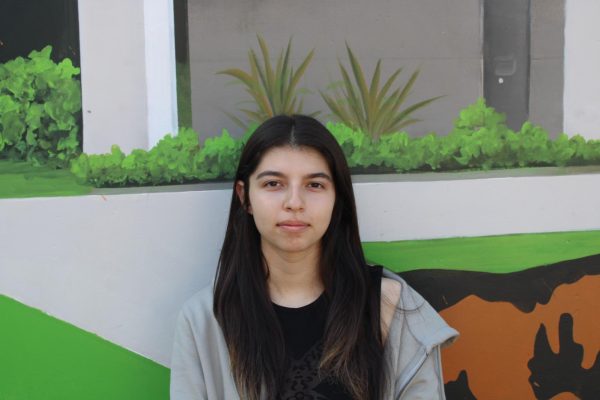
Senior Asiyah Ally is a News Editor for The Californian. This is her fourth year in the newspaper and she’s looking forward to her last year of high...
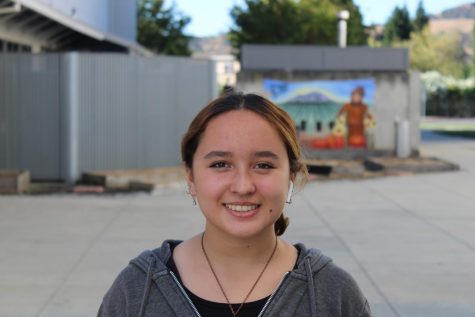
Erica Dembrowicz is in her first year taking photos for The Californian and is a junior at Cal High. Out of school she likes to read, listen to music,...
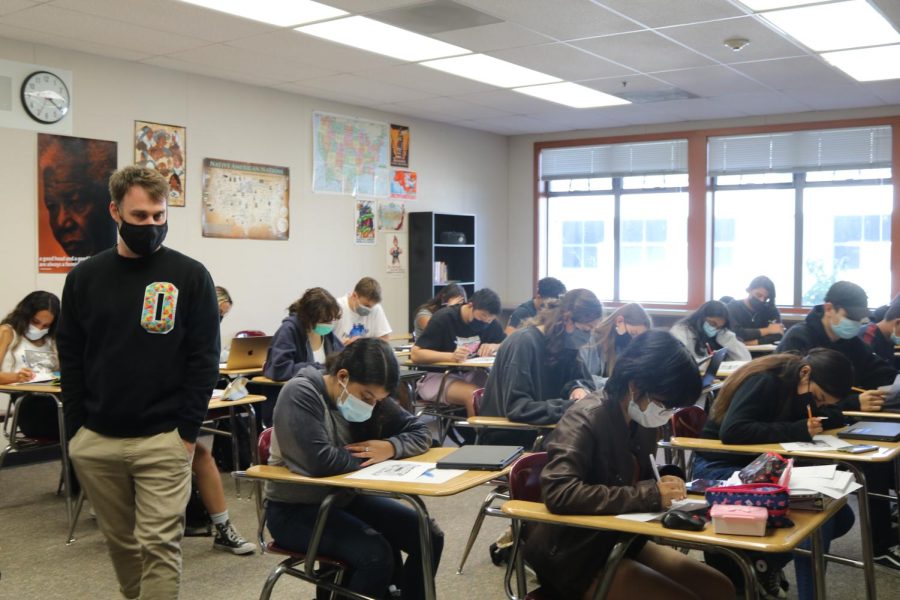
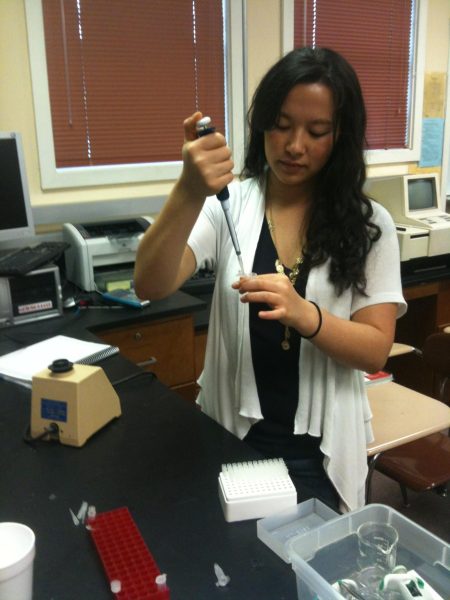
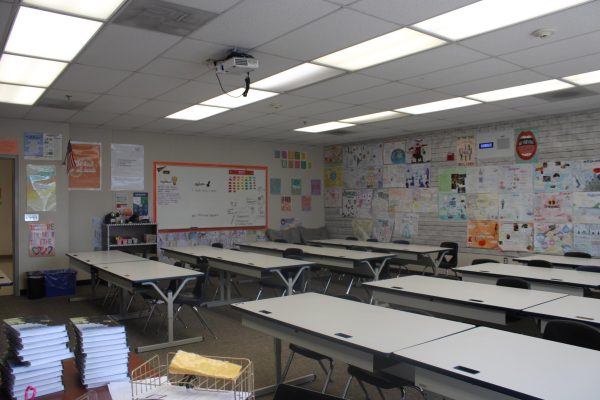
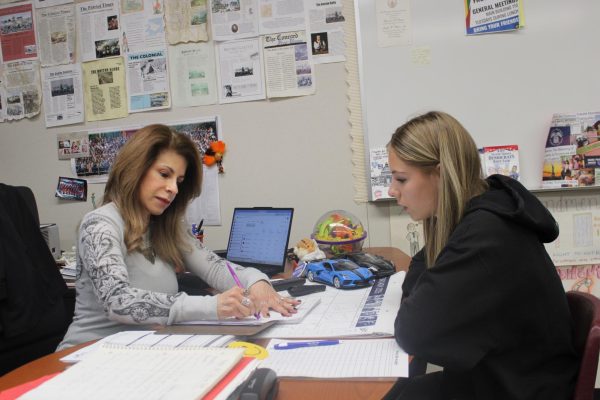
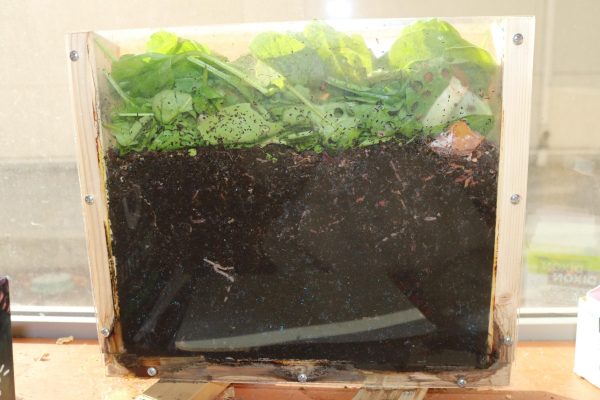

adil • Aug 4, 2022 at 12:55 am
hi